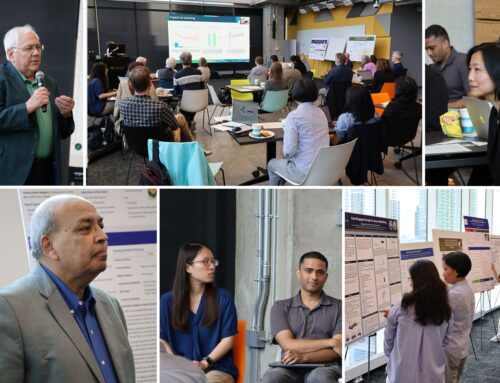Jan 9, 2024 — Can we make project-based learning (PjBL) successful, scalable, and sustainable in large online classes? See Chaohua Ou and David Joyner explore this question through a longitudinal study, Seven Years of Online Project-Based Learning. This study is grounded in a model that integrates four core components: project-phase curriculum, online self-directed learning, online communities of inquiry, and online feedback at scale, reinforced by three instructional strategies: scaffolding, modeling, and mentoring. Read the full paper for detailed implementation of the model, student survey findings and their implications for workforce development, online education, and STEM education, as well as student perspectives on succeeding in online PjBL.

Summary Conclusion: A longitudinal study spanning seven years confirmed the success, scalability, and sustainability of an online Project-Based Learning (PjBL) model within a graduate course. The study revealed the intricate relationship between individual attributes and the perceived effectiveness of online PjBL, offering valuable insights for addressing challenges in workforce development, online education, and STEM education. These findings promise more comprehensive and effective pedagogical practices in varying educational settings. While designed for online PjBL, educators can adapt its principles to suit different contexts, though further research is necessary to understand its impact on learning performance and its applicability across disciplines and academic levels.
Read more: https://onlineinnovationsjournal.com/streams/scholarship-of-online-teaching-and-learning/558e61304d6df55a.html




